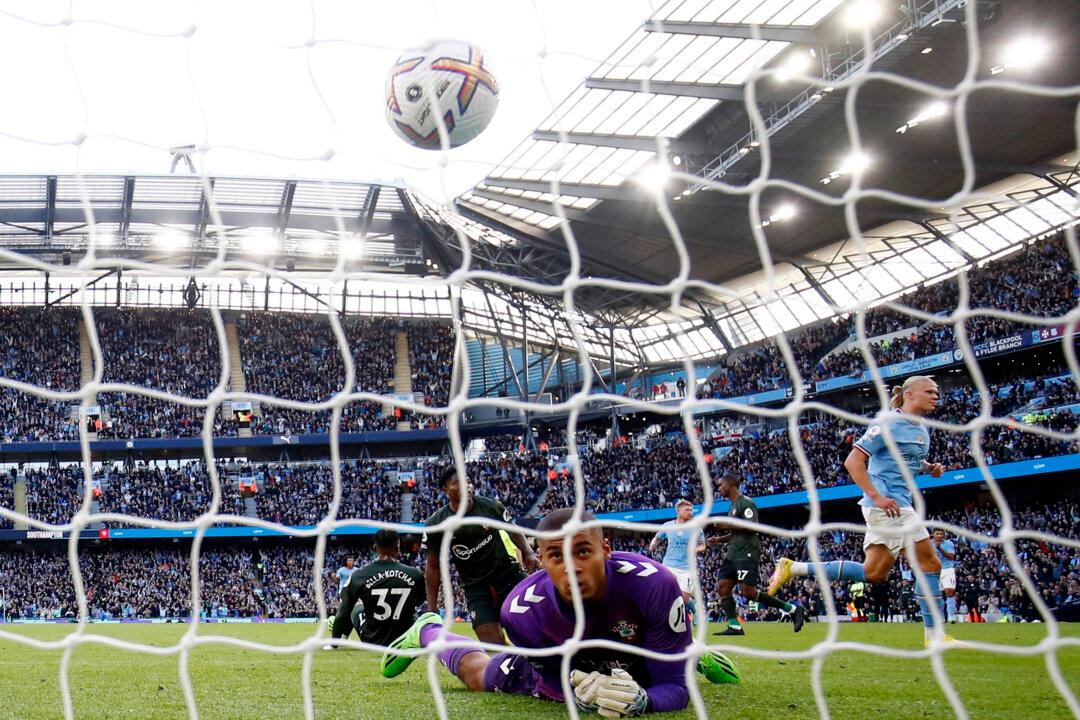The government is proposing to set up an independent regulator for football in England and Wales, to help prevent the financial collapse of clubs, protect the sanctity of the football pyramid and stop club owners changing team names, club colours, or moving stadiums without the agreement of the fans.
The regulator would have the power to block English clubs from joining elite structures, like the European Super League which are “closed shops” with no promotion or relegation.





